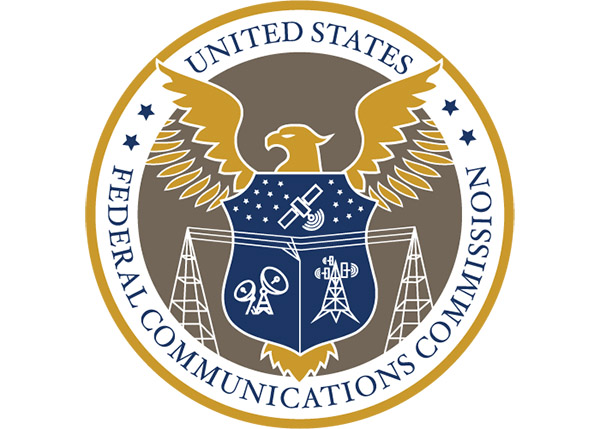For the last several years, the FCC has been trying to deal with the large number of robocalls that we all get. If you have a land line, these are absolutely at epidemic proportion. Even with cell phones on the do not call list, they are still way out of control.
There have been several initatives to try to stop this process. The best technology we have is STIR/SHAKEN. These are a pair of protocols that make sure that the phone number that you see on your caller ID is actually the phone that’s being used. It’s an incomplete system but it has made a big difference so far. If you’ve ever seen “Spam Risk” come up on your phone, it’s probably because of STIR/SHAKEN.
Dropping the hammer
The other weapon the FCC hasn’t been afraid to use is the fine. In fact, just yesterday they announced the biggest fine in history for robocalls. According to this press release, two Texas companies are being fined a total of $225,000,000 in conjunction with illegal robocalling operations. It is believed that “Rising Eagle,” “J Squared Telecom,” and other businesses associated with John C. Spiller and Jakob A. Mears, made over one billion robocalls using fake caller IDs and recorded messages.
The good news
These two scammers are off the table. No doubt that is great news. This is the kind of action that should make a massive difference to people’s lives. Robocalls are definitely not the worst thing to have happened to us in the last year, but every little bit helps.
The bad news
As far as I can see, neither of these individuals are the ones engaged in selling car extended warranties or solar energy. They’re not the ones pretending to be Apple or Microsoft. So there’s still an awful lot of work to do there.
The outlook
I have to applaud acting FCC chair Jessica Rosenworcel for carrying on the work of her predecessor, Ajit Pai, in this regard. All too often, when there’s a change of political party in Washington, priorities change. Even the good ideas of the previous administration get swept aside. I think it’s great that this sort of work is still ongoing. It has the potential for making things better for everyone.
Because, dear readers, the truth is that I would have had this article done a little earlier but I had to stop and look at my caller ID. I got two robocalls literally while I was writing an article about robocalls.
Overall from my perspective, the robocall problem has gotten better, but like any pest infestation, it’s hard to get rid of those last ones and you have to be vigilant about new ones popping up. There are days, today being one of them, when completely inappropriate revenge fantasies enter my head anytime the phone rings. It seems there’s nothing for the average person to do. I am glad the FCC is on top of it but it also seems like this problem’s been around too long.
Spam and other forms of unwanted communication almost killed e-mail. Most major providers now do a pretty good job of filtering, but in a lot of ways it’s too late. Now, it seems phone calls and texts are under attack from spammers and it’s great to see the government stepping up and trying to protect “the little guy.”





